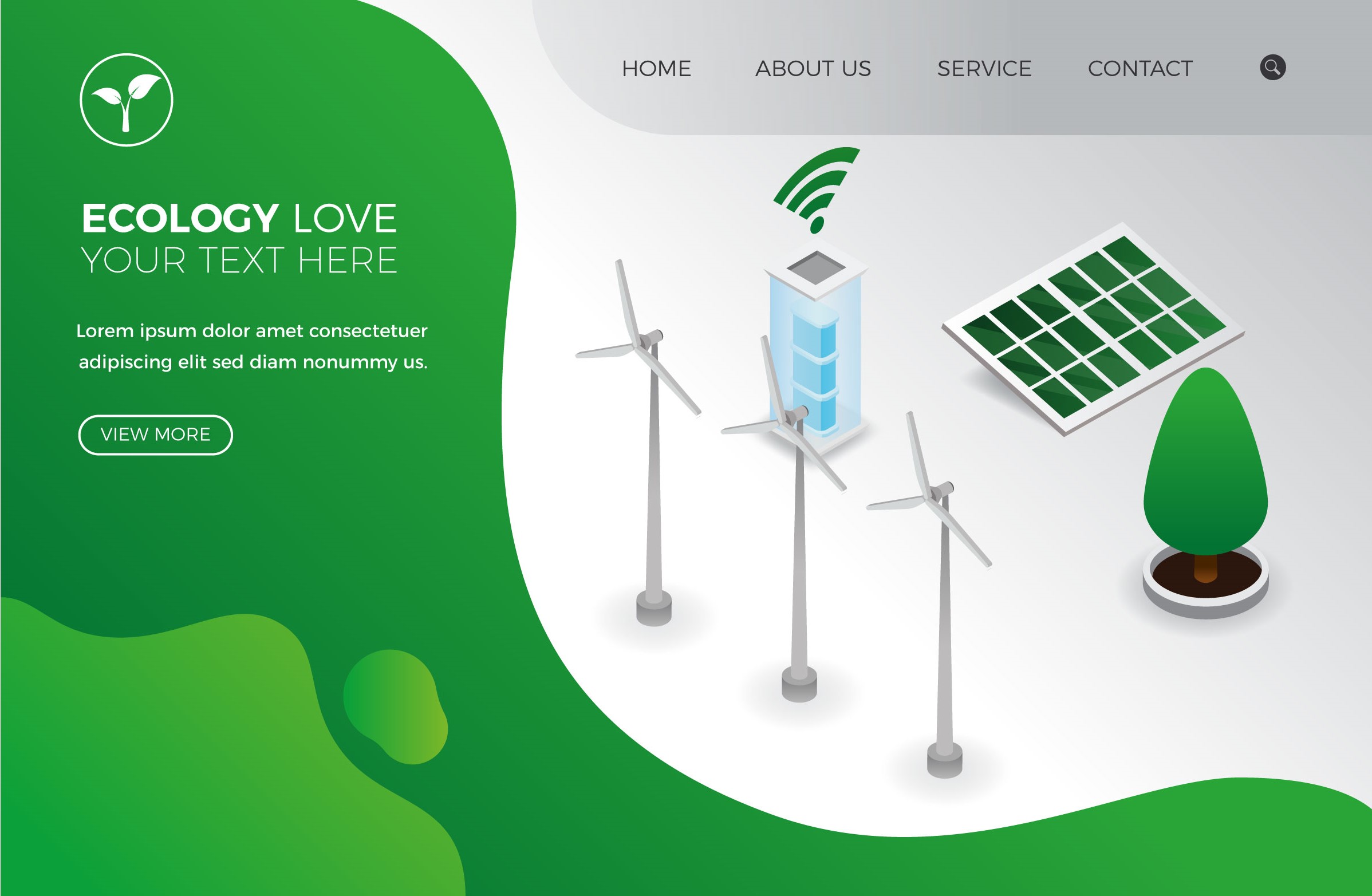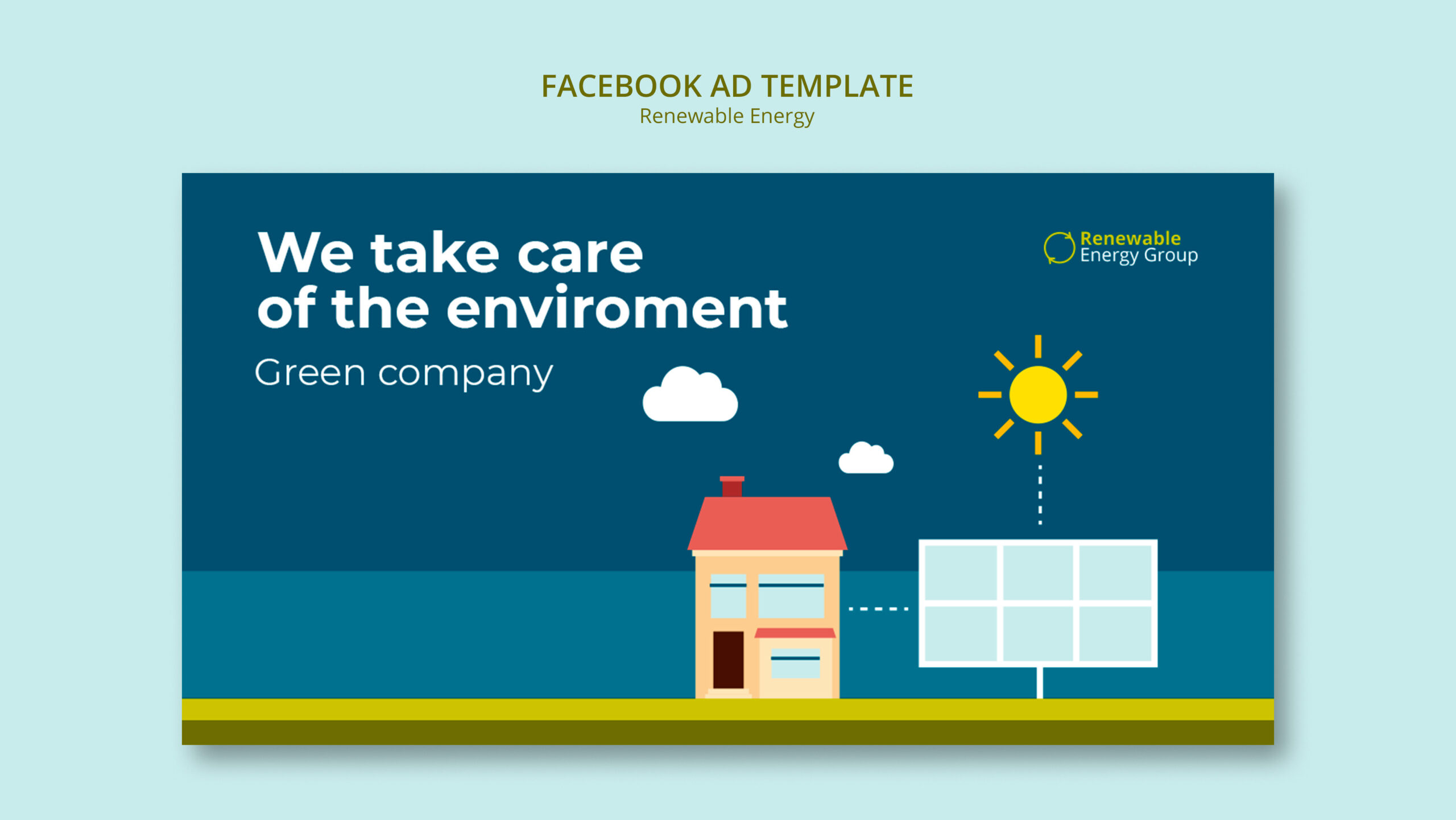Solar panels are becoming an increasingly popular way to power homes and businesses, but the upfront cost of installing a solar energy system can be prohibitive for many people. Fortunately, there are a variety of grants and other financial incentives available to help homeowners and businesses pay for solar panels. In this article, we will explore some of the different types of solar panel grants and how you can qualify for them.
What are Solar Panel Grants?
Solar panel grants are financial incentives offered by governments, utilities, and other organizations to help homeowners and businesses pay for the installation of solar panels. Grants can take many forms, including cash rebates, tax credits, and low-interest loans.
Why Are Solar Panel Grants Important?
Solar panel grants are important because they make it easier for people to invest in solar energy systems. While solar panels can save homeowners and businesses money in the long run, the upfront cost can be a significant barrier for many people. Grants and other financial incentives help to reduce this cost and make solar energy systems more accessible to everyone.

Types of Solar Panel Grants
There are many different types of solar panel grants available, including:
- Federal Tax Credits: The federal government offers a tax credit of up to 26% of the cost of a solar energy system for both residential and commercial properties. This tax credit can be used to offset your income tax liability.
- State and Local Grants: Many states and local governments offer grants and other financial incentives for homeowners and businesses that install solar panels. These incentives vary by state and can include cash rebates, property tax exemptions, and sales tax exemptions.
- Utility Rebates: Some utility companies offer cash rebates to customers who install solar panels. These rebates can help to offset the cost of the solar energy system.
- USDA Rural Energy for America Program (REAP): REAP offers grants and loan guarantees to rural homeowners and businesses for the installation of renewable energy systems, including solar panels.
- Non-Profit and Foundation Grants: There are many non-profit organizations and foundations that offer grants to homeowners and businesses for the installation of solar panels. These grants can be used to offset the cost of the solar energy system.
How to Qualify for Solar Panel Grants
To qualify for solar panel grants, you will need to meet certain requirements. These requirements can vary depending on the type of grant you are applying for, but some common requirements include:
- Property Ownership: To qualify for most solar panel grants, you must own the property where the solar panels will be installed.
- System Size: Some grants may require that your solar energy system be a certain size or produce a certain amount of electricity.
- Income: Some grants may have income limits or be targeted at low-income households.
- Installation Requirements: Some grants may require that your solar energy system be installed by a certified installer or meet certain installation requirements.
- Application Process: To apply for solar grants, you will need to complete an application and provide documentation to prove that you meet the grant requirements.
In conclusion, solar panel grants can help homeowners and businesses to reduce the upfront cost of installing a solar energy system. There are many different types of grants available, including federal tax credits, state and local grants, utility rebates, USDA REAP grants, and non-profit and foundation grants. To qualify for these grants, you will need to meet certain requirements, such as property ownership, system size, income, and installation requirements. By taking advantage of these grants, you can save money and reduce your carbon footprint by investing in solar energy.

How to Find Solar Panel Grants
Now that you know what solar panel grants are and how they can benefit you, the next step is to find them. Here are some tips on where to look for solar panel grants:
- Federal and State Government Websites: The federal and state government websites are a good place to start your search for solar panel grants. The Department of Energy’s website has a database of state incentives for renewable energy, including solar panel grants. You can also visit your state’s energy office website to find out about the incentives and grants available in your area.
- Utility Company Websites: Your local utility company may offer cash rebates for the installation of solar panels. Check their website or give them a call to find out more.
- Non-Profit and Foundation Websites: Non-profit organizations and foundations may offer grants to homeowners and businesses for the installation of solar panels. You can search for these organizations online or check with your local community foundation.
- Solar Installers: Many solar installers have information on grants and other financial incentives available for the installation of solar panels. Contact a few installers in your area to see if they can help you find grants.
- Solar Energy Associations: There are many solar energy associations that offer resources for homeowners and businesses looking to install solar panels. The Solar Energy Industries Association and the American Solar Energy Society are two good places to start.
Tips for Applying for Solar Panel Grants
Once you have found a solar panel grant that you are eligible for, it’s important to follow these tips to increase your chances of being approved:
- Read the Grant Requirements Carefully: Make sure you understand all of the requirements for the grant before applying. This will help you to ensure that you meet all of the eligibility criteria and that you provide all of the required documentation.
- Be Prepared to Provide Documentation: Most grants will require you to provide documentation to prove that you meet the eligibility criteria. Make sure you have all of the necessary documentation ready before you apply.
-
To increase your chances of being approved, apply early for grants with limited funding.
- Be Patient: It can take time to hear back about the status of your grant application. Be patient and follow up with the grant provider if you haven’t heard anything after a few weeks.
- Work with a Professional: Consider working with a professional solar installer or energy auditor to help you with the grant application process. They can help you to ensure that you meet all of the requirements and that your application is complete and accurate.
Conclusion
Solar panel grants can help to make the installation of solar panels more affordable for homeowners and businesses. There are many different types of grants available, and the eligibility requirements can vary. To find the right grant for you, do your research and follow the tips for applying for grants. With a little effort, you can take advantage of solar panels and start enjoying the benefits of solar energy.

